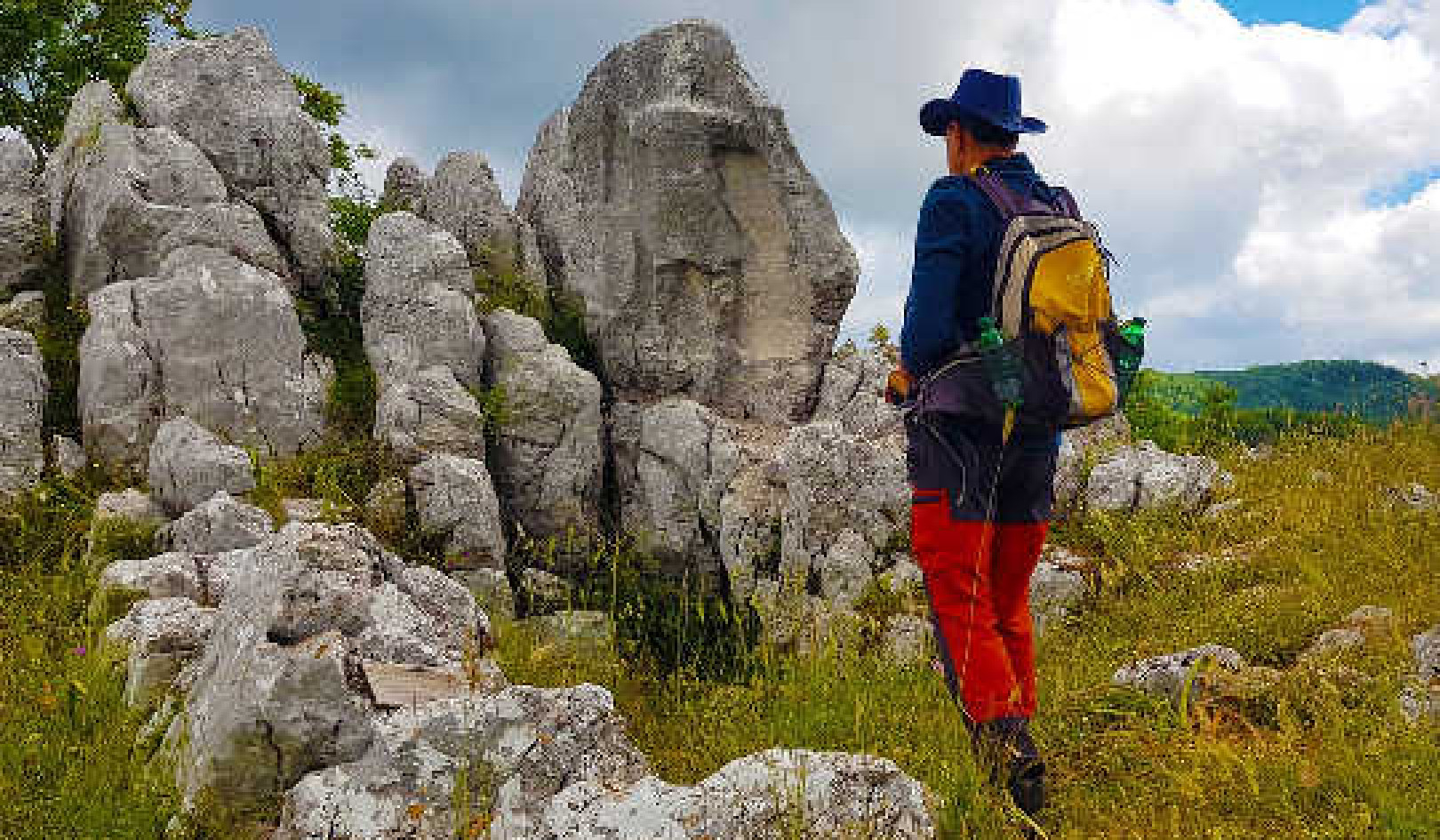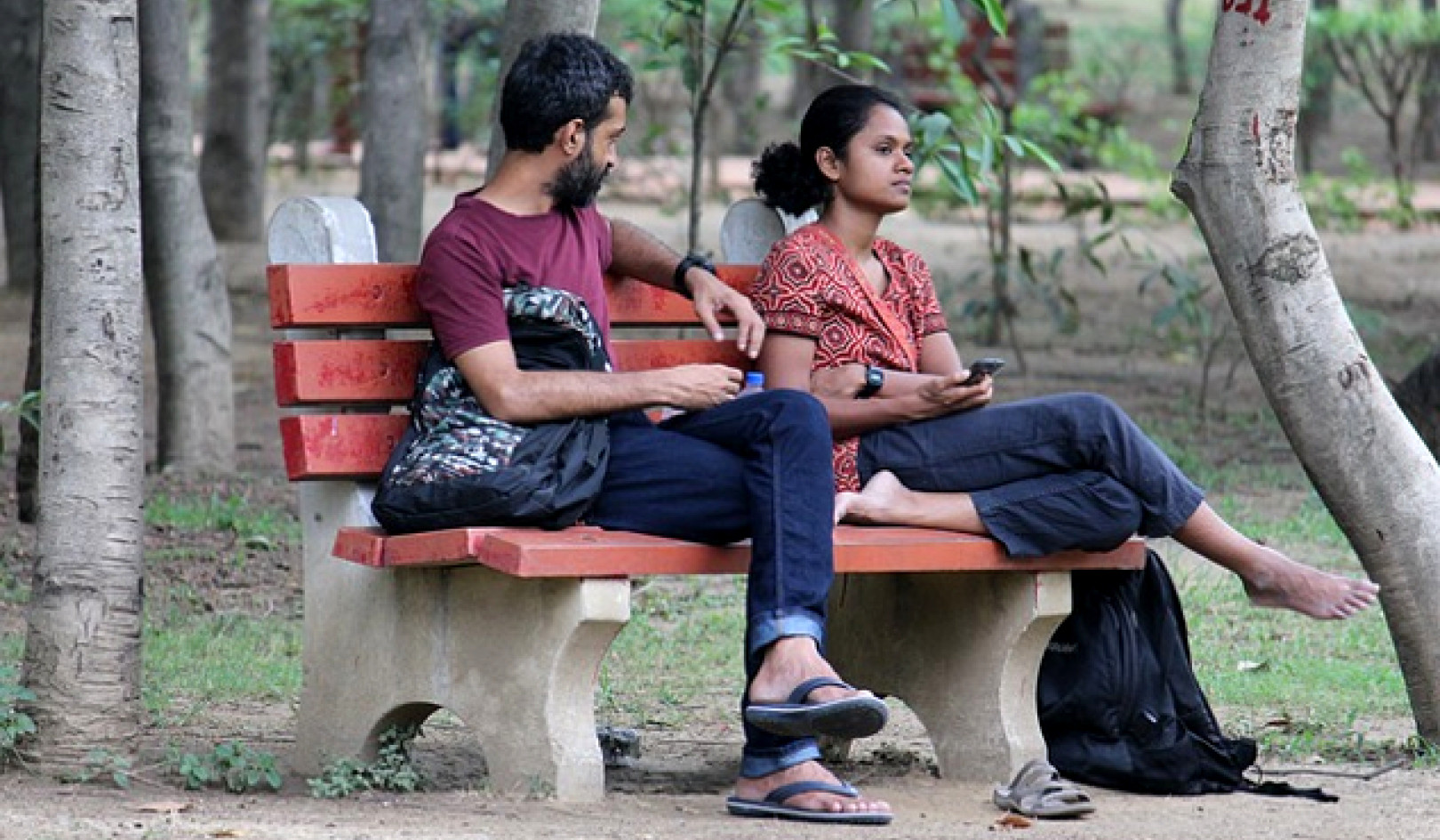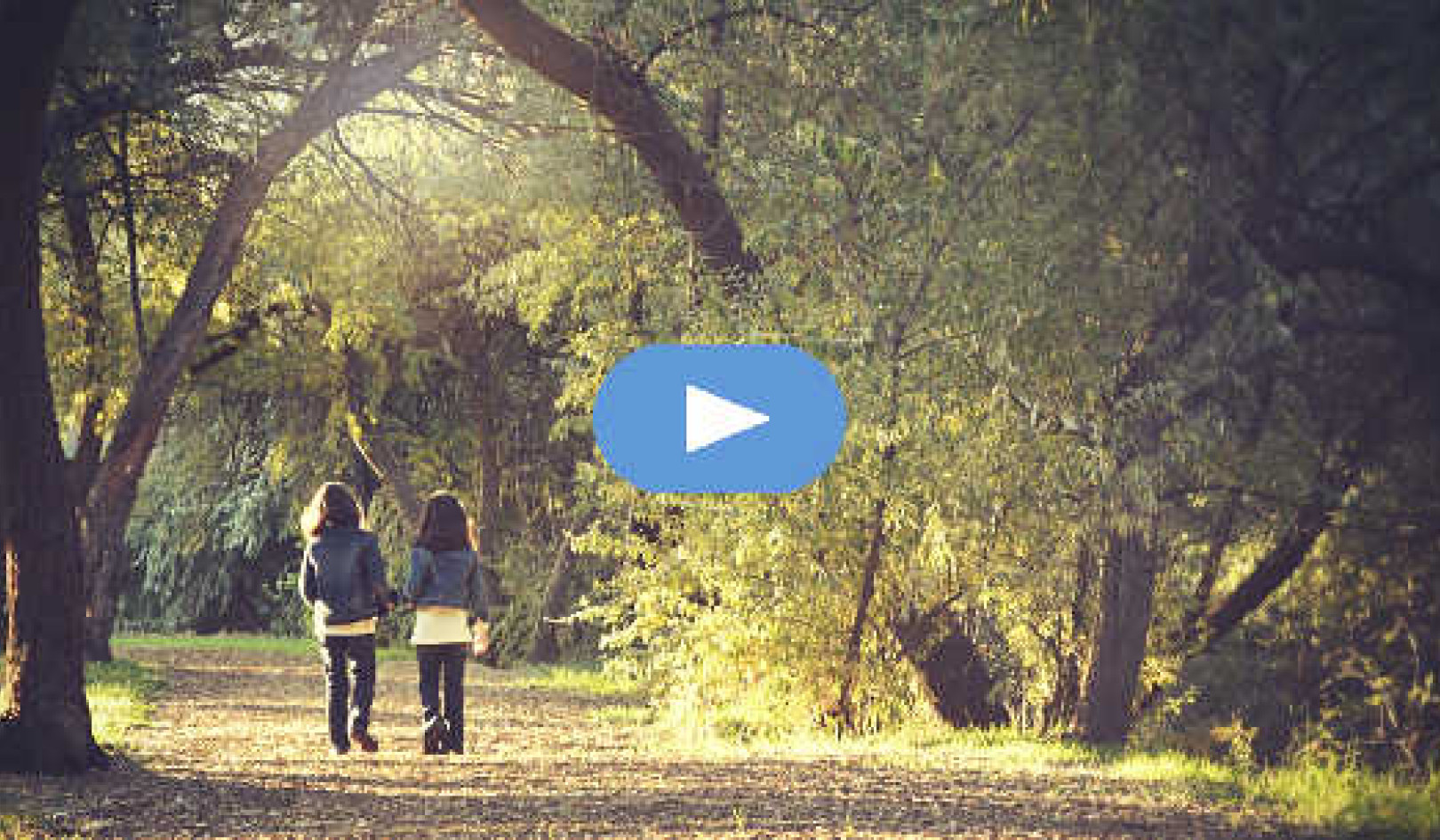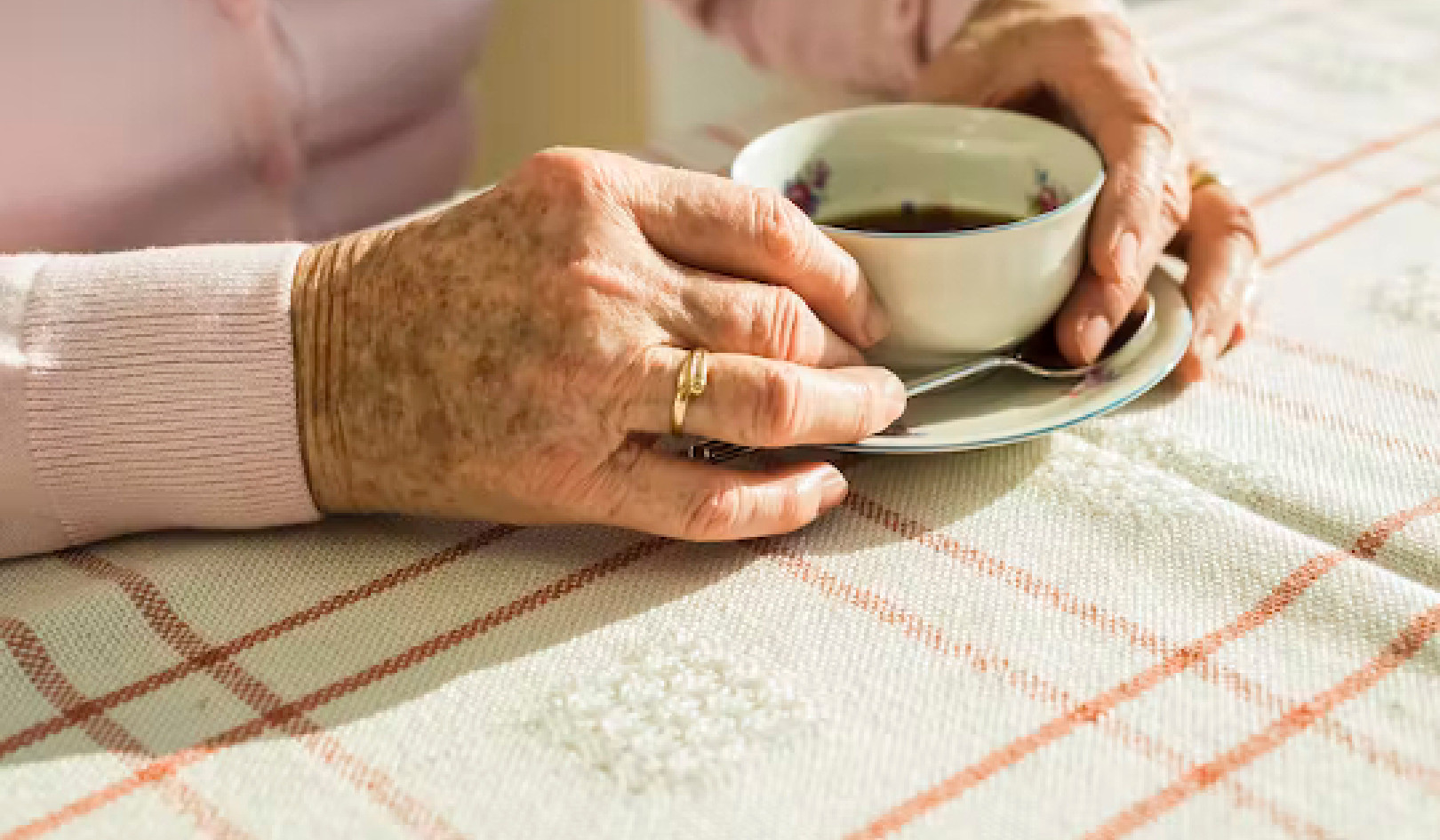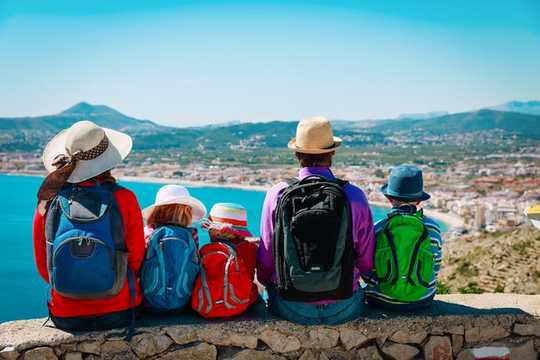 Some of the richest learning experiences can be disguised as exploration and adventure. from shutterstock.com
Some of the richest learning experiences can be disguised as exploration and adventure. from shutterstock.com
The school year is over and holidays are upon us. But that doesn’t mean your children’s learning experiences can’t continue.
If you’re planning an overseas trip with your family, you’re in for many benefits. Research shows travel has a positive impact on mental and physical health, and family relationships.
Travel is also an educational opportunity. It’s a rich experience seeing different parts of the world and understanding other cultures. And there are several things you can do to support your children’s learning.
How travel educates
The way children learn while travelling is in many respects comparable to what educational researchers call play-based learning. Play-based learning and travel stimulate children’s minds by boosting their creativity and imagination. Both can also help develop social and emotional skills and encourage language development.
Travelling exposes children to new scenarios and problems to solve – such as following a certain route on a map. They explore new food, encounter people communicating in a different language, notice cars driving on the opposite side of the road and billboards showcasing products they have not seen before.
All of their senses are challenged as they go through these new experiences.
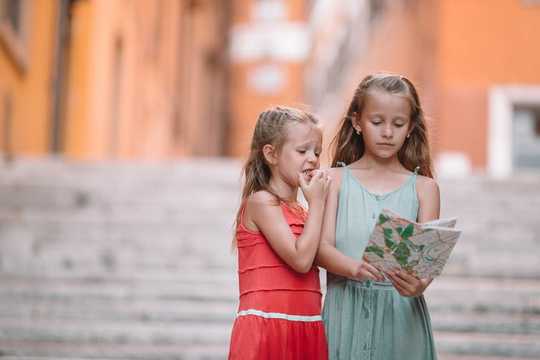 Children can problem solve by looking at maps and figuring out directions. from shutterstock.com
Children can problem solve by looking at maps and figuring out directions. from shutterstock.com
New experiences can provoke some anxiety, which is what sociologist and education professor Jack Mezirow refers to as disorientating dilemmas. He argues such dilemmas are the first step to transformative learning, where the learner’s existing assumptions are challenged and beliefs transformed.
Although Mezirow often associates transformation with elements of life crises, others suggest transformative learning can happen in different contexts, most notably travel.
But transformative learning usually comes at an emotional cost, such as a change of routine which can lead to mixed emotions, especially for children. This is why travelling as a family provides a buffer, as it often promotes a safe environment.
What you can do
Some of the richest learning, for a child, can be disguised as exploration and adventure. Parents can maximise such learning during travel by subtly incorporating intentional teaching to the experience, just as educators do in play-based learning scenarios.
Here are some ways to do this.
1. Do some pre-reading about the destination
This will help you identify where and how learning might occur. You might also engage your children in this. Say you’re going on a cruise to the South Pacific. Prior to departing you might look at a map of the Pacific with your children to identify the various islands located in this part of the world.
You could also encourage your children to discover the special landmarks of different places using Google Earth. Such activities will support the development of your children’s prediction skills. This helps children anticipate future experiences which increases their intellectual involvement with them.
Educational research has shown the act of predicting strengthens connections between children’s new knowledge and their existing understanding of the world.
2. Learn some of the language together
Learning even a little of the local language will open up aspects of the culture you may not have otherwise experienced.
Together with your children, you can start learning the basics of the new language by downloading some interactive language apps. Another fun way to expand your vocabulary and improve your pronunciation is by singing songs in the target language.
Knowing a bit of the local language is a demonstration of respect which means people are more likely to open up to you, further supporting learning opportunities.
 Encourage your children to take notice of things around them. from shutterstock.com
Encourage your children to take notice of things around them. from shutterstock.com
3. Model an inquiring mind
By asking and responding to questions with your children, you’re encouraging new knowledge and helping them engage in critical and creative thinking.
For example, when you are walking down the street of the city you are visiting, encourage your children to take notice of what is going on around them and engage in open-ended questions such as:
-
“How does this supermarket compare to the one we normally go to back home?”
-
“Why do you think the houses are built that way?”
4. Throw in a little reflection at the end of each day
Travel will provide so many learning experiences, you will need to allow time for your child to pause and make sense of them. Any teacher will tell you reflecting is often when the deep connections are made between new experiences and existing world views.
Some children will reflect of their own accord, but establishing a routine of doing this together will make sure it happens. The traditional travel diary is still a great tool to engage in self-reflection. Others might enjoy looking at photos taken and reflect on the day through family conversations.
Learning is a life-long journey that extends well beyond the walls of the traditional classroom. By planning for just a little intentional teaching, you can help your children learn to critically think about and appreciate the world around them.![]()
About The Author
Florence Monique Boulard, Associate Dean Teaching & Learning and Senior lecturer, James Cook University
This article is republished from The Conversation under a Creative Commons license. Read the original article.

Related Books:
Here are 5 non-fiction books on parenting that are currently Best Sellers on Amazon.com:The Whole-Brain Child: 12 Revolutionary Strategies to Nurture Your Child's Developing Mind
by Daniel J. Siegel and Tina Payne Bryson
This book provides practical strategies for parents to help their children develop emotional intelligence, self-regulation, and resilience using insights from neuroscience.
Click for more info or to order
No-Drama Discipline: The Whole-Brain Way to Calm the Chaos and Nurture Your Child's Developing Mind
by Daniel J. Siegel and Tina Payne Bryson
The authors of The Whole-Brain Child offer guidance for parents to discipline their children in a way that promotes emotional regulation, problem-solving, and empathy.
Click for more info or to order
How to Talk So Kids Will Listen & Listen So Kids Will Talk
by Adele Faber and Elaine Mazlish
This classic book provides practical communication techniques for parents to connect with their children and foster cooperation and respect.
Click for more info or to order
The Montessori Toddler: A Parent's Guide to Raising a Curious and Responsible Human Being
by Simone Davies
This guide offers insights and strategies for parents to implement Montessori principles at home and foster their toddler's natural curiosity, independence, and love of learning.
Click for more info or to order
Peaceful Parent, Happy Kids: How to Stop Yelling and Start Connecting
by Dr. Laura Markham
This book offers practical guidance for parents to shift their mindset and communication style to foster connection, empathy, and cooperation with their children.
















